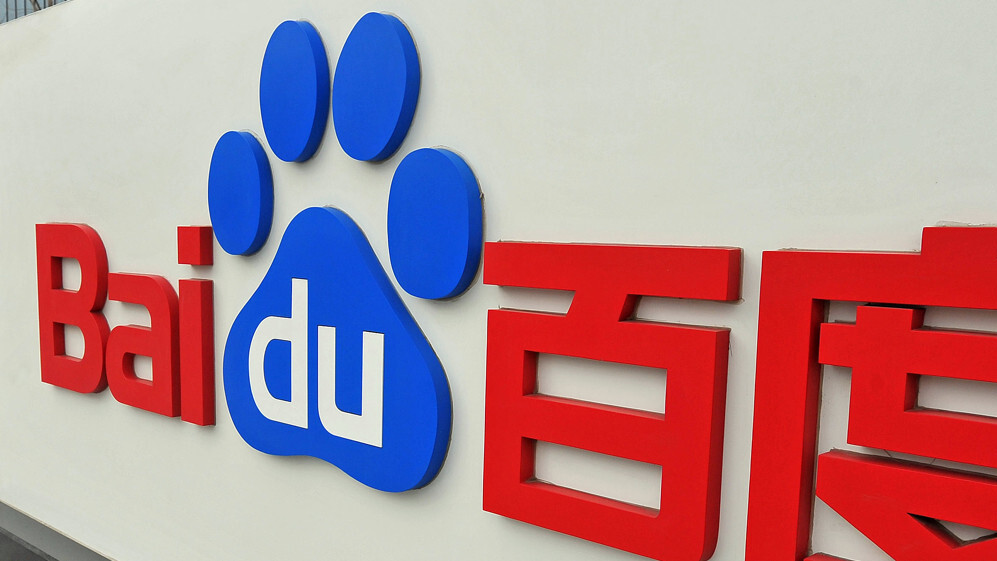
UPDATE: Baidu has just confirmed it will buy 91 Wireless for a total of $1.85 billion, after taking into account a dividend of $52.06 million by 91 Wireless to its existing shareholders.
After the transaction has been completed (expected to be in the fourth quarter of 2013), 91 Wireless will become a wholly-owned subsidiary of Baidu and will continue to operate under its existing management team as an independent company.
Previously, Chinese search giant Baidu announced that it intends to acquire third-party app distribution platform 91 Wireless for a total of $1.9 billion, which will include purchasing online gaming company NetDragon’s 57.41 percent equity interest in 91 Wireless.
Baidu has already signed a Memorandum of Understanding with NetDragon, and before the signing of definitive agreements or a negotiation deadline of August 14 (whichever is earlier), NetDragon is banned from approaching or discussing with any third parties the sale of 91 Wireless.
NetDragon will get $1.09 billion for its indirect equity interest of approximately 57.41 percent in 91 Wireless, while Baidu plans to purchase the remaining equity interest — which NetDragon does not own — from other shareholders based on terms and conditions that will be similar to those offered to NetDragon.
Baidu’s move marks a strategy that the Chinese Internet company has set into motion since last year. Late last year, Baidu raised $1.5 billion as it sought to close down debts and provide itself with the financial cloud to pursue future strategic opportunities, which could include mergers, acquisitions and investments.
Speaking on an analyst call in August last year, Baidu CEO Robin Li had voiced the company’s intention to pursue deals that will bring it more value, particularly on mobile — and 91 Wireless fits this mold.
A Baidu spokesman told TNW following this latest announcement:
Mobile app stores are an important entry point to the mobile Internet, and are thus of great strategic interest to Baidu.
Two months ago, Baidu announced it would buy PPS Video for $370 million, becoming China’s biggest video provider as it already owns iQiyi after buying a majority stake last November.
The search giant has been trying to diversify as its monopoly in the search engine market has been threatened by a new entrant — Qihoo 360. After launching its search engine last August, Qihoo quickly jumped up to second place and has been eroding Baidu’s dominant position. If rumors of Qihoo buying third-ranked search engine Sogou are true, that may pose an even bigger threat to Baidu — and explains its need to seek other sources of business to boost its revenue.
Image Credit: Simon Lin via AFP/Getty Images
Get the TNW newsletter
Get the most important tech news in your inbox each week.





